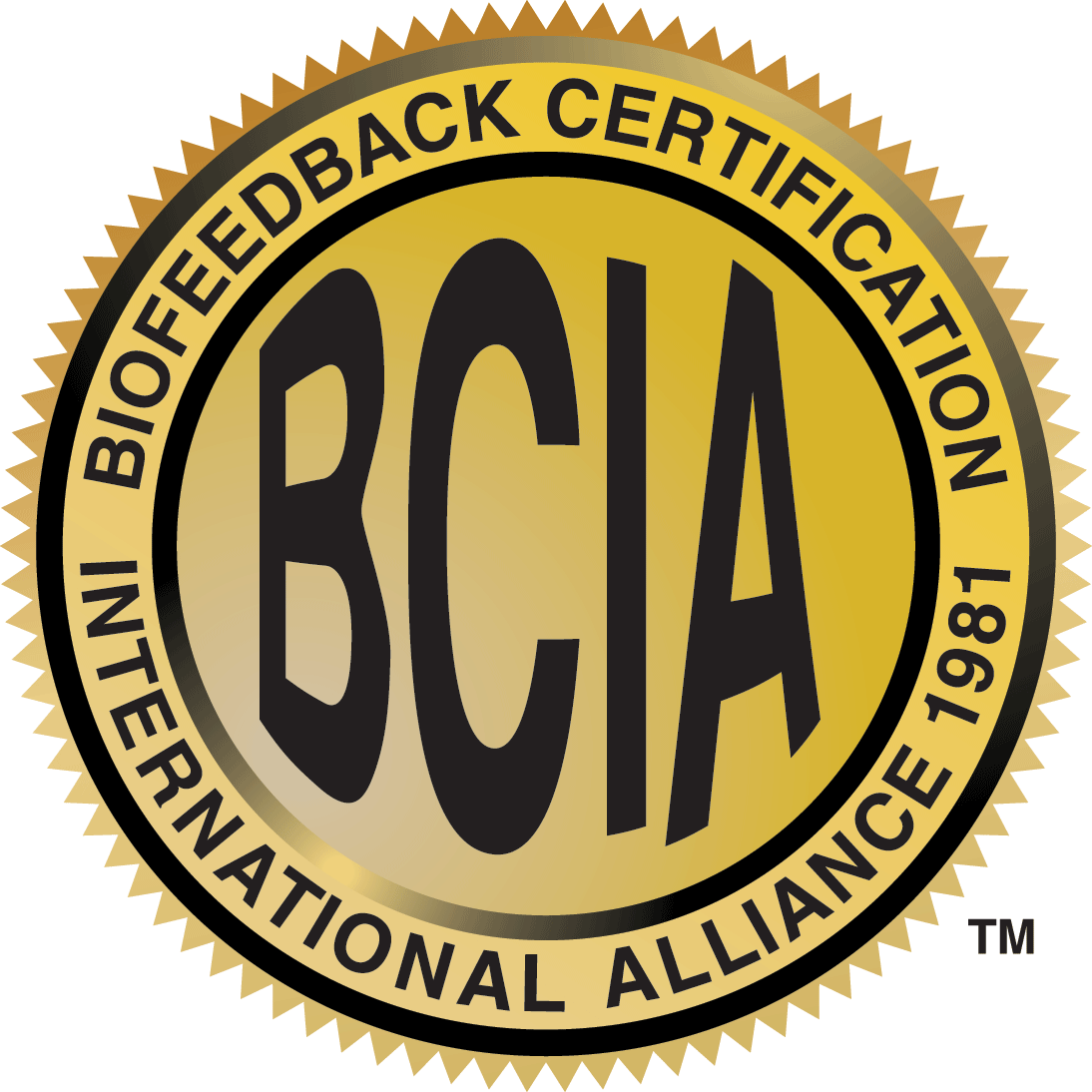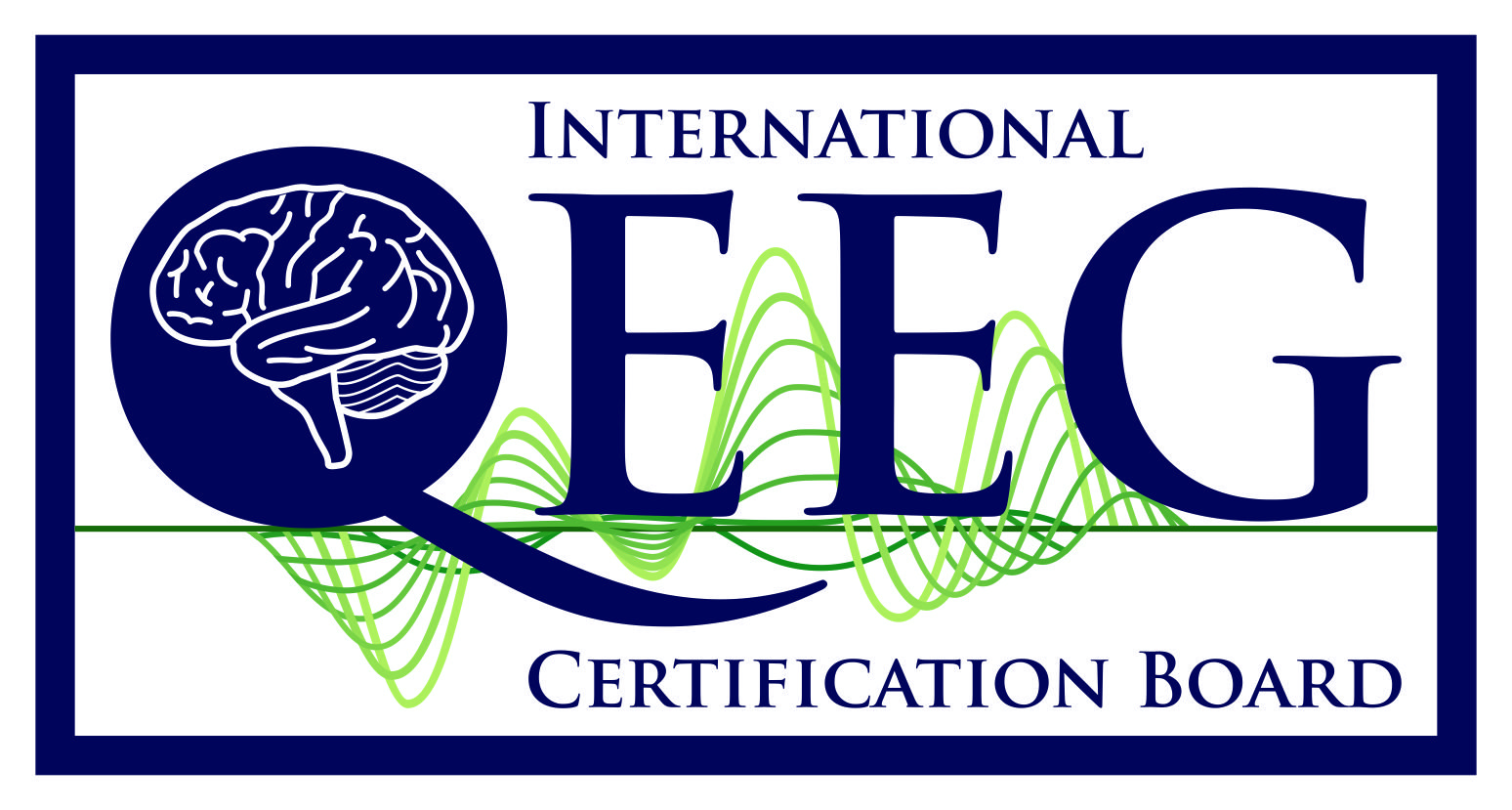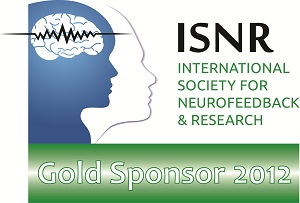Requirements for Neurofeedback Certification
For additional information please visit BCIA Neurofeedback Certification
Prerequisite Education
Candidates are required to hold a bachelor’s degree or higher from a regionally accredited academic institution, in a BCIA approved health care field. Licensed RNs are accepted with an AA degree. BCIA-approved health care fields include: psychology, medicine, nursing (including two-year registered nurses with license, not LVNs or LPNs), physical therapy, occupational therapy, social work, counseling, marriage family therapy, rehabilitation, chiropractic, recreational therapy, physician’s assistant (with certification or license), exercise physiology, speech pathology, and sports medicine. The following fields require a master’s degree: music therapy and counseling education (MEd in counseling). Degrees in health care fields other than those listed above must be submitted for review.
Didactic Neurofeedback Education – 36 Hours
Candidates can meet this requirement by completing a three semester-hour university course or its equivalent or completing a BCIA-accredited training program that covers the blueprint:
Required Hours
- Orientation to Neurofeedback – 4 hours
- Basic Neurophysiology and Neuroanatomy – 4 hours
- Instrumentation and Electronics – 4 hours
- Research Evidence Base for Neurofeedback – 2 hours
- Psychopharmacological Considerations – 2 hours
- Developing Treatment Protocols – 6 hours
- Treatment Implementation – 6 hours
- Ethical Professional Conduct – 2 hours
- Current Trends in Neurofeedback – 2 hours
- Patient Client Assessment – 4 hours
Practical Neurofeedback Training – 25 contact hours with a BCIA approved mentor to review:
*sessions are a minimum of 20 minutes.
- 10 sessions of personal neurofeedback, demonstrating selfregulation
- 100 sessions of patient/client treatment
- 10 case conference presentations.
*Sessions are a minimum of 20 minutes.
Two contact hours must be face to face
Essential Skills List – Must be submitted for each candidate
Neuroanatomy/Neurophysiology Course
A comprehensive course in neuroanatomy, neurophysiology, or physiological psychology from a regionally accredited academic institution or BCIA accredited program fulfills this requirement.
License/Credential for Independent Practice
When treating a medical or psychological disorder, a current health care license in a BCIA approved health care field, issued by the state in which you practice is required. Unlicensed practitioners must agree to work under the legal supervision of an appropriately credentialed health care professional who has training and experience with neurofeedback and the populations and disorders being treated. All international candidates must be licensed
Certification Examination
A three-hour objective examination covering the Blueprint areas is required of all candidates. Exams are only offered with our online proctor using cameras and artificial intelligence to monitor security.
Sequence for Meeting Certification Requirements
An individual becomes a candidate for certification by submitting an application with documentation of the educational prerequisite and payment of a filing fee. BCIA recommends, but does not require, that candidates complete the remaining requirements in the order:
1) neuroanatomy/neurophysiology course
2) didactic neurofeedbackeducation
3) mentored practical neurofeedback training
4) certification exam.
Fees
Applications must include a $150 filing fee, with a balance of $300 to be paid before registering for the certification exam. All fees may be paid by check, money order, or credit card in US currency and are non-refundable. Applications are valid for two years; however, may be extended.
Certification by Prior Experience
Appropriately licensed health care professionals who can demonstrate at least 100 ce hours and 3,000 patient/client hours across a minimum of 5 years may use this option.
Technician certification
For those with no health carebackground who are working and living in the US and Canada andwho are currently working for a licensed and BCIA certifiedprofessional who is providing legal supervision.
BCIA Certification information provided by bcia.org

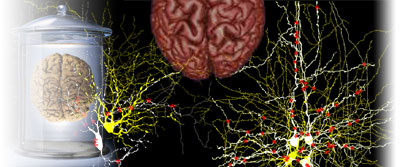

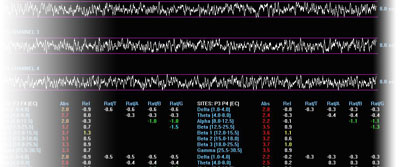
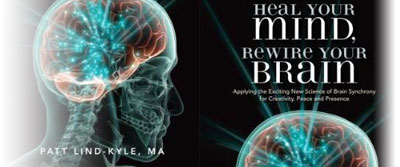
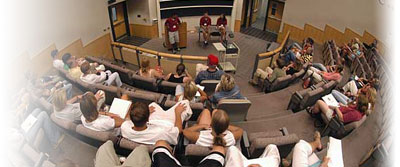
 Thomas Collura
Thomas Collura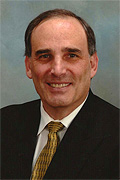 David Cantor
David Cantor Robert (Rusty) Turner
Robert (Rusty) Turner Richard McAlister
Richard McAlister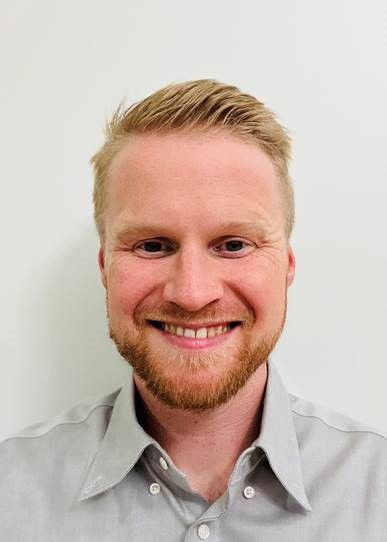 David Ims
David Ims Jeff Reich
Jeff Reich Steve Warner
Steve Warner Thomas Brownback
Thomas Brownback Dolores Gaxiola
Dolores Gaxiola J. Michael Griffin
J. Michael Griffin Donna Creasy
Donna Creasy McGill Scott
McGill Scott Rich Davis
Rich Davis Harry (Bill) Brubaker
Harry (Bill) Brubaker Andre Keizer
Andre Keizer Penijean Gracefire
Penijean Gracefire John Demos
John Demos Mark Smith
Mark Smith Dick Genardi
Dick Genardi Jeff Tarrant
Jeff Tarrant Adrian Roel
Adrian Roel Thomas Feiner
Thomas Feiner Joseph Guan -Tech
Joseph Guan -Tech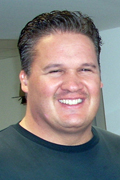 Bill Mrklas
Bill Mrklas Christen Stahl
Christen Stahl Giuseppe Chiarenza
Giuseppe Chiarenza Yvonne Tate
Yvonne Tate Lisa Black
Lisa Black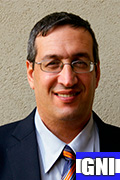 Doron Todder
Doron Todder Dayna Nevar
Dayna Nevar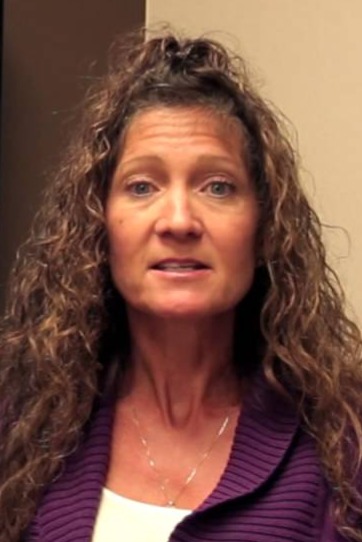 Becky Bassham
Becky Bassham Michael Trayford
Michael Trayford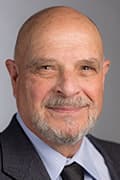 Ron Bonstetter
Ron Bonstetter